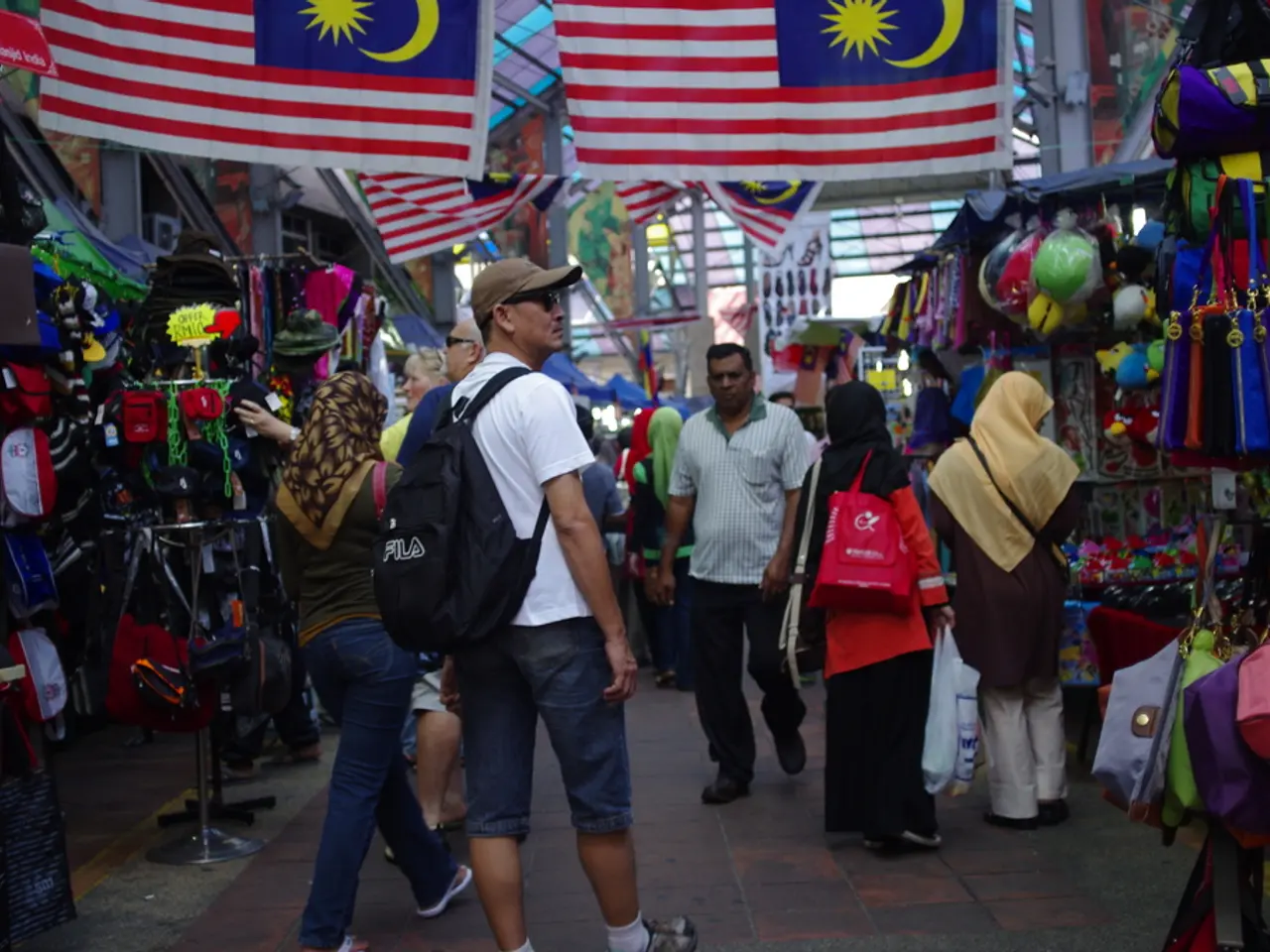India's Gender Gap Progress Stalls in Political Empowerment
India has made significant strides in closing its gender gap, achieving 62.5% closure. However, its global ranking has slipped to 140 due to a decline in the Political Empowerment Subindex. Meanwhile, the Confederation of Indian Industry (CII) is actively promoting women's role in the globe through various initiatives.
CII's report 'Engendering the Manufacturing Sector' provides a comprehensive assessment of Indian women's status in manufacturing and outlines an Action Plan 2025 to enhance their participation. The report follows CII's study 'Declining Female Labour Force Participation in India', which suggests incentives for underrepresented sectors, expanded education, and workplace incentives to empower women.
The World Economic Forum's Global Gender Gap Report 2021 estimates it would take over 135 years to close the global gender gap at the current pace. The COVID-19 pandemic has exacerbated this issue, with women's job loss rates 1.8 times higher than men's worldwide. As of 2019, women accounted for around 39% of the global labour force, highlighting the persistent gender inequality challenge.
Advancing gender equality could significantly boost global GDP, adding US$ 13 trillion by 2030. Conversely, delaying action could cost the global economy around US$ 5 trillion. The International Labour Organization (ILO) underscores the urgent need for policy actions to address declining female labour force participation in India.
India's gender gap closure, though substantial, faces setbacks in political empowerment. CII's efforts to strengthen women's role in the globe and the global recognition of gender equality's economic benefits underscore the importance of continued action. Addressing gender inequality remains a pressing global challenge, with significant economic implications.







